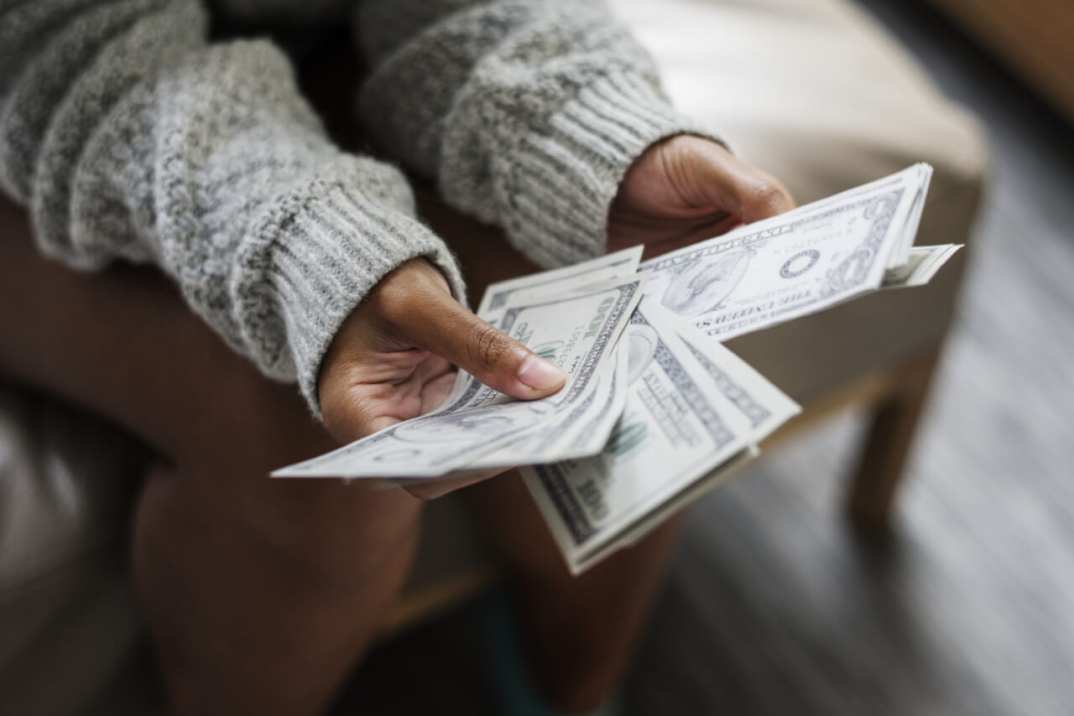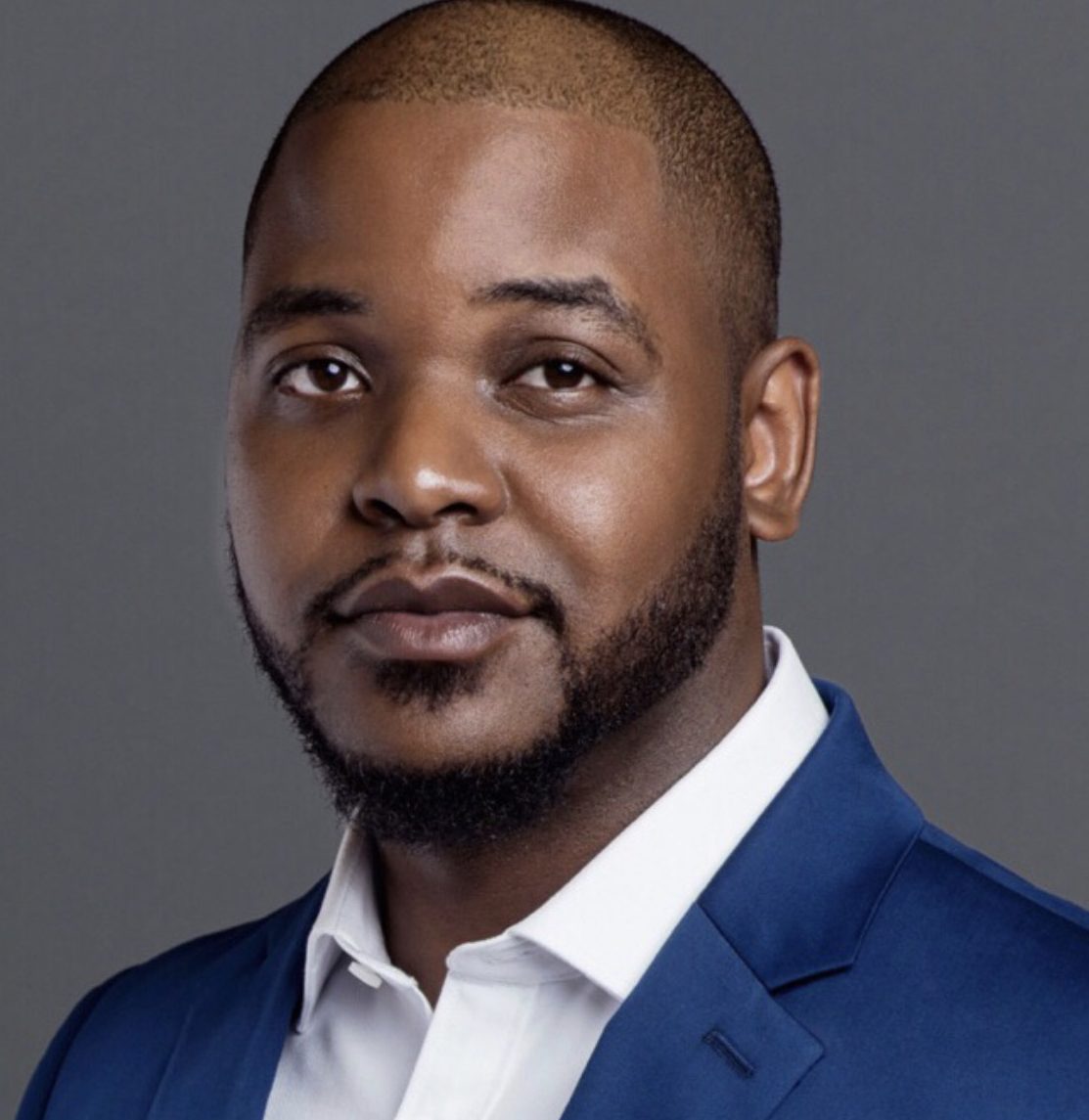How Black trauma may be impacting the way we spend money
OPINION: “Black trauma has a direct relationship with Black spending, lack of savings, and aversion to investing” - Rahkim Sabree.

Acknowledging the issues around a lack of financial literacy is one problem, but it’s not the only issue that impacts Black dollars. As a financial empowerment coach, I’ve been leaning into a less popular but arguably more impactful aspect of financial education; and that’s the money mindset.
Not the aspects of a money mindset that give you the warm and fuzzies either. I’m talking about the inner work that forces you to examine what impact trauma has on your decisions (or indecision) when it comes to making money moves. Recently I shared a Twitter thread that outlines what this looks like.
Here are 3 reasons your relationship to trauma impacts how you use money:
Did you know you can become ADDICTED to trauma? Let me tell you why this matters in your personal finances.
— ?Financial Therapist (@RahkimSabree) July 8, 2021
[ A Thread]
Survival
At the root of it, our choices about money stem from our need to survive. Whether we’ve experienced poverty and have had to learn how to shop the deals, or we’ve embraced ‘YOLO’ culture to the degree that we don’t plan for retirement because we’d rather enjoy our money now, trauma shapes those decisions and indecisions as we contemplate and define what survival looks like.
Scarcity
The biggest misconception I find in discussing the topic of financial trauma is that you’ve had to experience some aspect of poverty to be impacted by the trauma. This is simply not true. Scarcity tells you that you’re making enough money because you make more than all of your friends and family. It tells you that you need to store it beneath mattresses or in an emergency fund so you don’t lose it.
While emergency funds are crucial to making agile decisions in the event of an emergency, the mental and emotional investment in that emergency happening stands in between greater utility of that capital invested in assets or business ventures that outpace inflation and the negative interest you earn in your savings account. Scarcity keeps you from asking for a raise, or quitting a toxic job because “where else will I make as much as I’m making now?” or “how will I pay my bills?”

Guilt
On the topic of making more money than your friends or being in the top 1% of income earners that look like you, trauma also manifests itself through guilt. You might feel guilty about prioritizing financial decisions for yourself because everyone thinks you’re “rich” or you “got it.” This guilt can be weaponized by friends and family to fund bad habits, whimsical business ventures, or the constant emergency. Additionally, you may experience guilt for doing the things that others cannot, like taking a trip to an exotic destination or purchasing a luxury item.
Whatever the trigger for your financial trauma, you internalize it as a chemical reaction by way of emotions. Whether that emotion manifests itself as fear, anxiety, guilt, or something else, decisions made in that state of being are often less than rational. In making that decision we may unintentionally create a habit loop that results in not only the revisiting of that trauma but also the perpetuation of habits, behaviors, or beliefs that prevent us from executing on the things that a sound financial education teaches us about budgeting, saving, investing, building and maintaining credit, and ultimately building wealth.
This is especially true for the historically disenfranchised Black man and women in America whose wealth has been taken, bombed, beaten, or barred from via institutions and structures that serve as barriers to equitable access. Your trauma is not your fault and you may not have experienced it in your lifetime, but your addiction to trauma is something you can identify and correct with the right guidance, education, accountability, and support.
“Black trauma has a direct relationship with Black spending, lack of savings, and aversion to investing,” – Rahkim Sabree.

Rahkim Sabree is an author, public speaker, entrepreneur, and personal finance enthusiast with a decade of banking industry experience at various levels. My work has been featured by theGrio, The Good Men Project, Black Enterprise, Business Insider, TEDx, IHeartMedia, Authority Magazine, and I’m a contributor to Entrepreneur.
Have you subscribed to theGrio’s “Dear Culture” podcast? Download our newest episodes now!
TheGrio is now on Apple TV, Amazon Fire and Roku. Download theGrio.com today!
